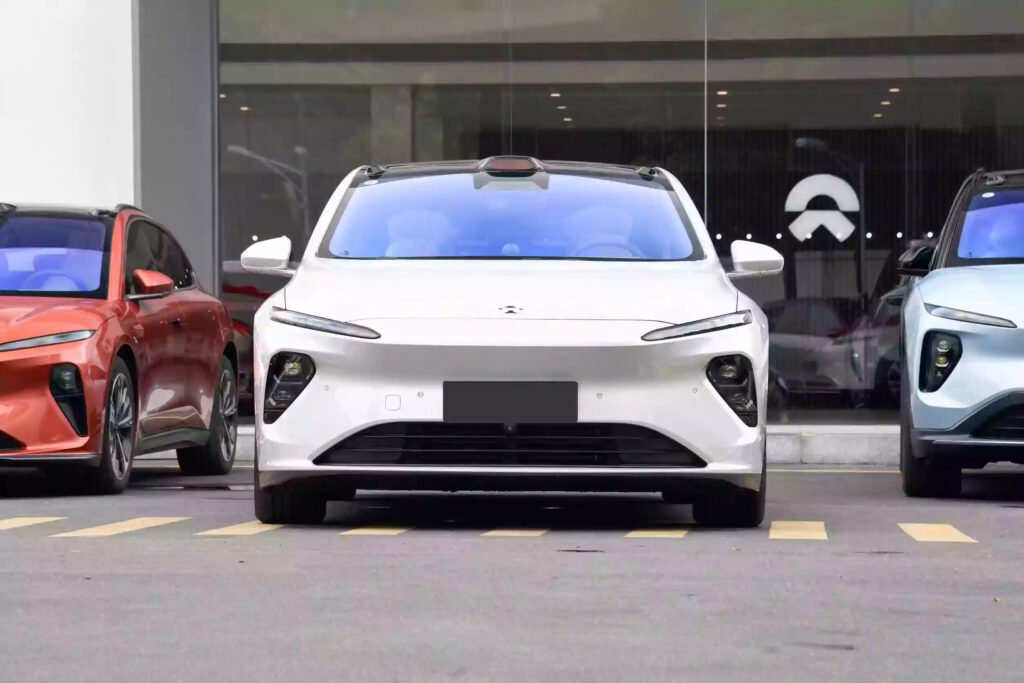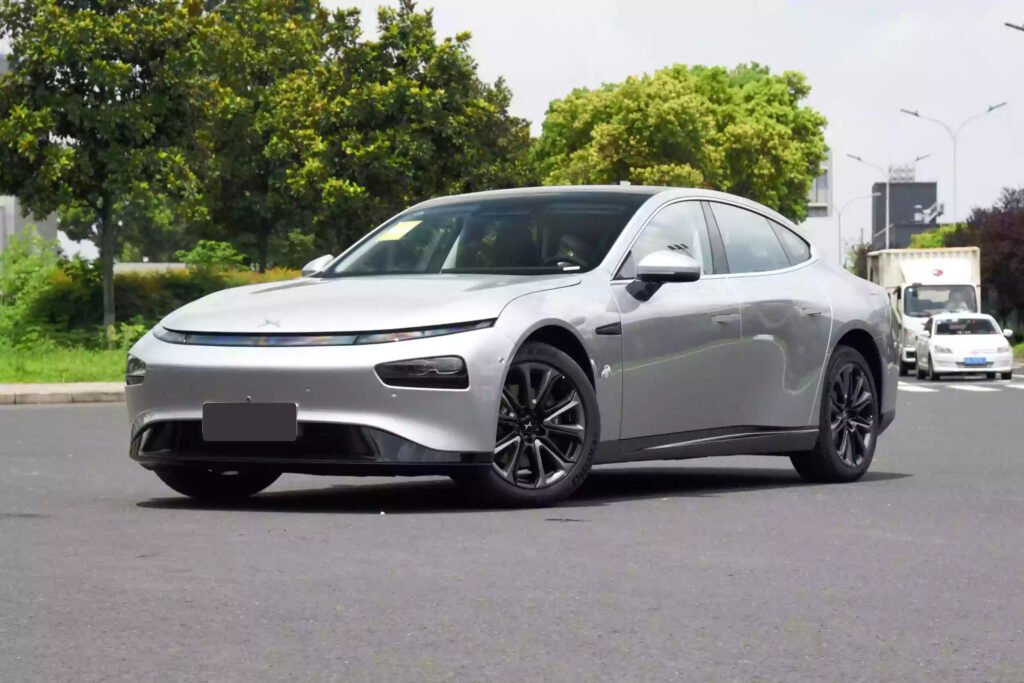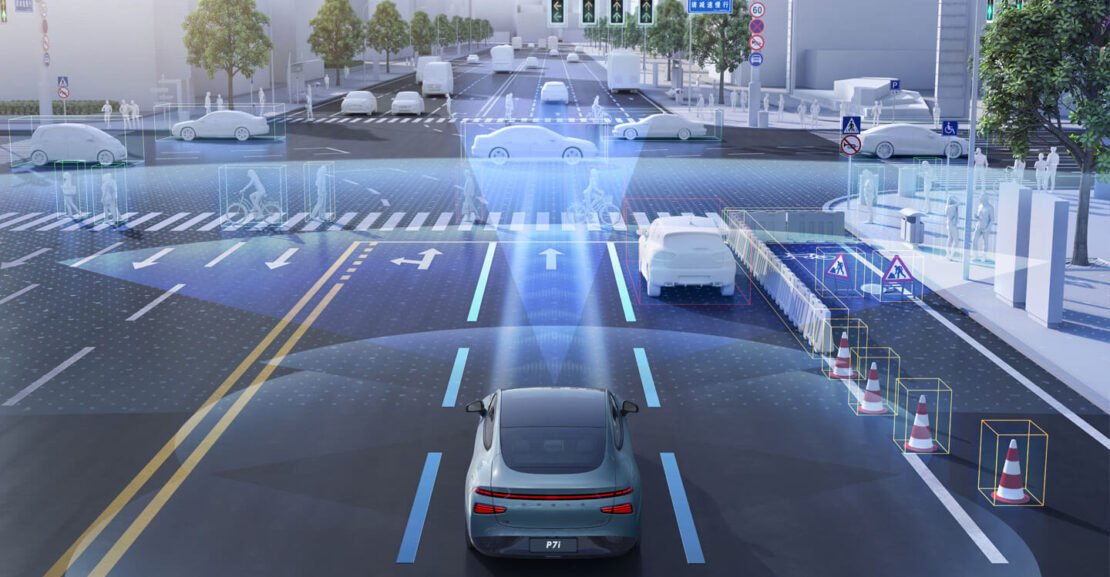China has emerged as a global leader in autonomous vehicle technology, with Chinese companies pioneering some of the world’s most advanced self-driving systems. From Level 2+ driver assistance to fully autonomous capabilities, Chinese automakers are pushing the boundaries of what’s possible in self-driving technology. These vehicles combine cutting-edge artificial intelligence, sophisticated sensor arrays, and extensive real-world testing to deliver some of the most capable autonomous driving experiences available today.
NIO ET7 – Premium Autonomous Luxury
NIO’s ET7 stands at the forefront of Chinese autonomous driving technology, featuring the advanced NIO Aquila super sensing system and Adam super computing platform. This electric sedan offers Level 4 autonomous capabilities in specific conditions, with 33 sensors including lidar, radar, and high-resolution cameras. Starting around $65,000, the ET7 includes NIO’s Navigate on Pilot feature for highway autonomous driving, advanced parking assistance, and over-the-air software updates that continuously improve autonomous capabilities.

XPeng P7 – AI-Driven Autonomous Performance
XPeng’s P7 represents one of the most sophisticated self-driving vehicles in the Chinese market, featuring the XPILOT 4.0 system with dual lidar sensors and advanced AI processing. This electric sedan offers highway autonomous driving, automatic parking, and traffic light recognition capabilities. Starting around $45,000, the P7 includes XPeng’s proprietary perception algorithms and real-time mapping technology. The vehicle’s continuous learning system improves autonomous performance through data collected from thousands of vehicles on Chinese roads.

Baidu Apollo – Fully Autonomous Pioneer
Baidu’s Apollo represents the most advanced autonomous driving platform developed by a Chinese company, with Level 4 autonomous capabilities in designated areas. The Apollo vehicle features Baidu’s proprietary autonomous driving system with multiple lidar units, high-definition cameras, and advanced AI computing platforms. While not yet available for individual purchase, Baidu’s Apollo robotaxis operate in multiple Chinese cities and demonstrate the cutting-edge autonomous technology that Chinese companies are developing for future commercial deployment.

XPeng G9 – Next-Generation Autonomy
XPeng’s G9 SUV showcases the company’s latest autonomous driving technology with the XPILOT 4.0 system featuring dual lidar sensors and enhanced AI processing capabilities. Starting around $52,000, the G9 offers advanced highway autonomous driving, automatic parking with remote control capabilities, and intelligent route planning. The vehicle’s over-the-air update system ensures continuous improvement of autonomous features based on real-world driving data.

Frequently Asked Questions
Q: What level of autonomous driving do Chinese vehicles offer? A: Most premium Chinese vehicles offer Level 2+ or Level 3 autonomous capabilities, with some models featuring Level 4 autonomous driving in specific conditions. Companies like NIO and XPeng are continuously updating their systems through over-the-air software improvements to enhance autonomous performance.
Q: How do Chinese self-driving cars compare to Tesla Autopilot? A: Chinese autonomous driving systems often feature more comprehensive sensor arrays including lidar technology that Tesla doesn’t use. Chinese systems are also specifically optimized for complex urban driving scenarios common in Chinese cities, potentially offering advantages in traffic-dense environments.
Q: Are Chinese self-driving cars available outside China? A: While some Chinese autonomous vehicles are exported to international markets, the full autonomous driving capabilities are often limited due to different regulatory requirements and infrastructure. However, companies like NIO and XPeng are expanding their autonomous driving services to European and other international markets.

